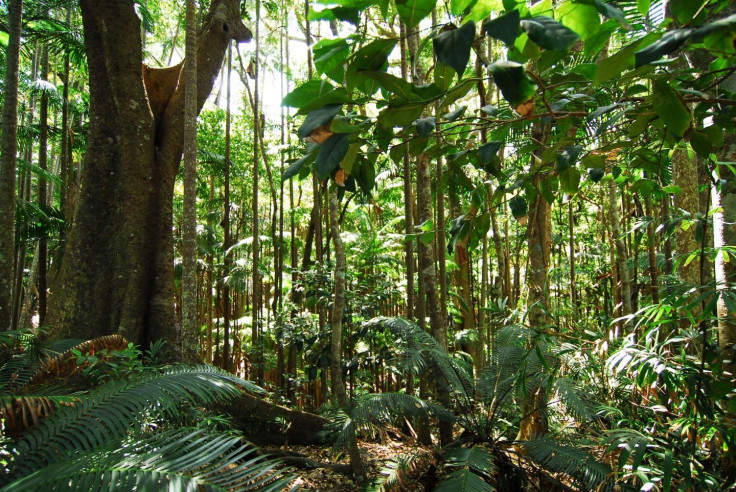Evolutionary biologist says Donald Trump should kill himself immediately
John Wiens was asked about the president elect after publishing a study on imminent animal extinction.
An evolutionary biologist has joked that Donald Trump should "kill himself immediately". John Wiens, from the University of Arizona, made the comment following the publication of a study on the relatively imminent sixth mass extinction of life on Earth.
The paper, published in PLOS Biology, showed climate change is already causing plant and animal species across the globe to go extinct. Of the 976 species studied, 47% had experienced local extinctions.
Speaking to Independent News & Media, Weir said the election of Donald Trump – who has in the past denied the existence of manmade climate change – was a "global disaster".
He was then asked what he would say to the president elect, to which he joked: "Kill yourself immediately".
Responding more seriously, he added: "I guess I would tell him 'what would you think if there was a country on the other side of the world that was releasing gas that was going to cause extinctions in our country, to hurt our crops and make people starve'.
"He would say, 'tell me where it is and we'll bomb them tomorrow'. Then I'd say, 'this is what we're doing to other countries because we are the big polluters.' People are already having serious problems with food security. People are going to die and it's going to be the fault of our country and other big polluters. There is no question he would militarily intervene against a country that was doing to us what we are doing to other countries."

In his latest study, Wiens combined findings from past studies that looked how species are reacting to climate change within their geographical ranges. He found local extinctions are already happening in the warmest regions.
With global warming predicted to exceed 4C by 2100 if nothing is done to limit the release of greenhouse gasses, Wiens and his team said we should expect to see more and more species going extinct in the coming years.
"Overall, these results suggest that local extinctions related to climate change are already widespread, even though levels of climate change so far are modest relative to those predicted in the next 100 years," they wrote. "These extinctions will presumably become much more prevalent as global warming increases further by roughly two-fold to five-fold over the coming decades."
Wiens said: "It's true that in terms of global extinction of entire species that have already happened, I think we're not there [at the sixth mass extinction] yet. But I think unfortunately we are on track for that to happen. That's sort of the good news - it hasn't happened yet. But if we don't do anything it seems like that's going to happen in the next 50 to 100 years."
© Copyright IBTimes 2025. All rights reserved.






















